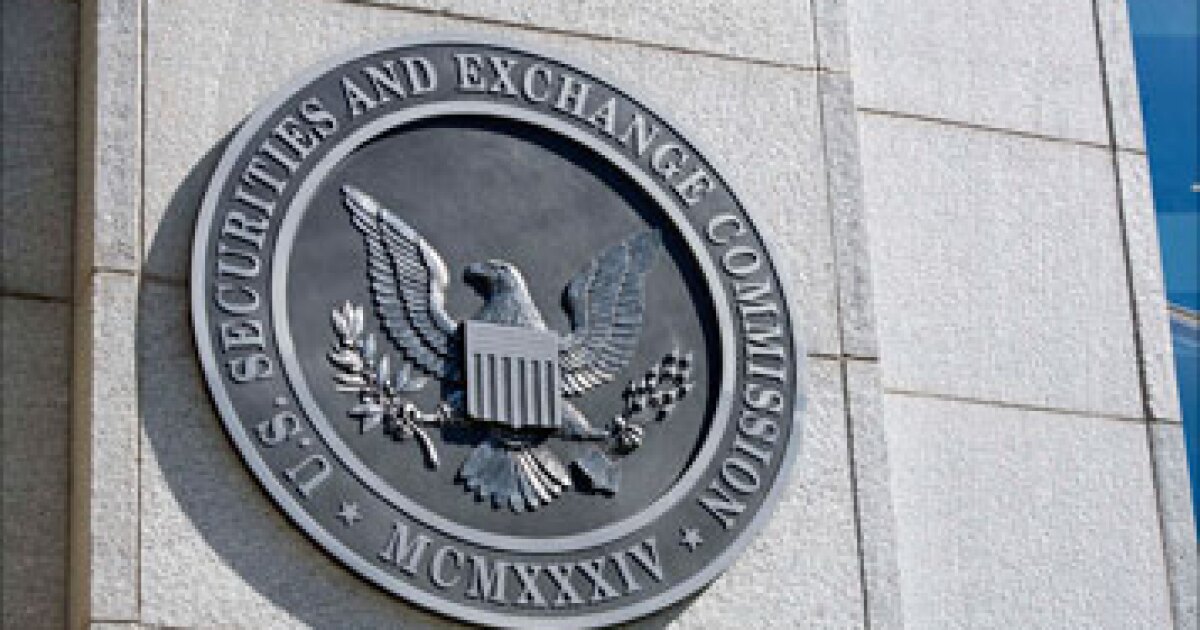Receive free US-Iran tensions updates
We’ll send you a myFT Daily Digest email rounding up the latest US-Iran tensions news every morning.
Iran has transferred five US citizens from the notorious Evin prison in Tehran to house arrest, initiating a process that Washington hopes will ultimately lead to their return home and create the conditions for progress in talks on the Islamic republic’s nuclear programme.
The transfer of the prisoners marks a significant breakthrough after months of indirect talks between the US and Iran and should help ease tensions between them.
The prisoners could return to the US next month once Washington releases $6bn in Iranian oil revenue that is frozen in South Korea as part of the deal.
Three of the Americans identified as having been transferred out of Evin prison on Thursday are Emad Shargi, Morad Tahbaz, Siamak Namazi, as well as a fourth, who people familiar with the discussions declined to identify. A fifth prisoner, a woman, had already been transferred from Tehran’s Evin prison, a person familiar with the discussions said.
“We have received confirmation that Iran has released from prison five Americans who were unjustly detained and has placed them on house arrest,” National Security Council spokesperson Adrienne Watson said.
Jared Genser, an American lawyer for Namazi, said the four Americans were expected to be held at a hotel under guard by Iranian officials and would be able to spend time together and call their families.
“This is no furlough but we hope it will lead to their freedom,” Hojjat Kermani, a lawyer based in Tehran who is representing Namazi, Tahbaz and Shargi, told the Financial Times. “This transfer is the result of a mixture of political and legal decisions.”
Iran’s deputy foreign minister and top nuclear negotiator, Ali Bagheri Kani, said in a post on Twitter that the “process of releasing billions of dollars of Iranian assets, which have been illegally seized by the US for several years, has commenced”. He added: “Tehran has received the necessary guarantee for Washington’s adherence to its commitments.”
Tehran has been unable to access tens of billions of dollars of its oil funds held by foreign central banks, including in China, since former US president Donald Trump pulled out of the 2015 nuclear deal Iran signed with world powers and imposed hundreds of sanctions on Iran.
If the funds held in South Korea are released they will be transferred to an account in Qatar, where they will be monitored to ensure they are only used for trade not subject to US sanctions, such as for food or medicine.
Qatar, one of the few countries with good relations with Washington and Tehran, helped facilitate the talks on the prisoners’ release.
The US had been clear with the Islamic republic that “to get anywhere, the Americans have to be out of Evin prison”, the person familiar with the discussions said.
Once moved to house arrest, they will have access to the Swiss ambassador, who represents US interests in Iran because Tehran and Washington do not have formal ties.
The US and Iran have stepped up talks on the prisoners’ release and Iran’s nuclear programme over the past several months, the Financial Times has previously reported.
“The release of the US hostages from prison could finally make good on [president Joe] Biden’s promise to bring Americans long held unjustly home. This move will also set the scene for a nuclear understanding that aims to freeze the conflict through Biden’s tough election year,” said Sanam Vakil, Middle East director at Chatham House.
“This deal will be seen by many as appeasing and obliging the Islamic republic’s most distasteful behaviour, but above all it is critical that they all come home.”
Western diplomatic efforts to revive the 2015 nuclear accord stalled last year after Iran rejected a draft proposal to restore the agreement in August 2022. Tensions further escalated after Tehran mounted a violent crackdown to crush nationwide protests and sold armed drones to Moscow that Russian forces have used in Ukraine.
But talks resumed this year as western fears mounted over the rapid progress of Iran’s nuclear programme. US officials have said that Tehran is enriching uranium to levels near those needed to produce a weapon, raising the risk of a regional arms race or conflict.
Tehran has been keen to access its frozen oil funds as it grapples with a struggling economy, a weak currency and soaring inflation, diplomats have said.
Diplomats have hoped that if the prisoners are returned to the US it could create momentum for more serious talks on the simmering nuclear crisis. But analysts have cautioned that big obstacles remain on securing any agreement.
Both sides have repeatedly blamed the other for stymieing the process.
“If we can get this [prisoner release] done, it could perhaps help facilitate discussions in other areas but certainly we’re not there yet,” the person familiar with the discussions said.
Namazi, 51, is an American-Iranian businessman who was arrested about eight years ago and sentenced to 10 years in jail on allegations of collaborating with the US against the Islamic republic. He was briefly released on house arrest in October, raising hopes then of a possible prisoner deal, but was returned to prison a week later.
Tahbaz, 67, is a businessman and environmental activist who holds Iranian, US and British nationalities. Shargi is a 58-year-old Iranian-American businessman. Both were arrested in 2018 and sentenced to 10 years in jail on similar charges of collaborating with the US.
Iran would not receive any benefits immediately, and the US would not release any Iranian prisoners on Thursday, the person familiar with the discussions said.
While Qatar had hosted most of the talks on detainees, Oman had also helped to facilitate discussions between the US and Iran, the person added.
Credit: Source link











